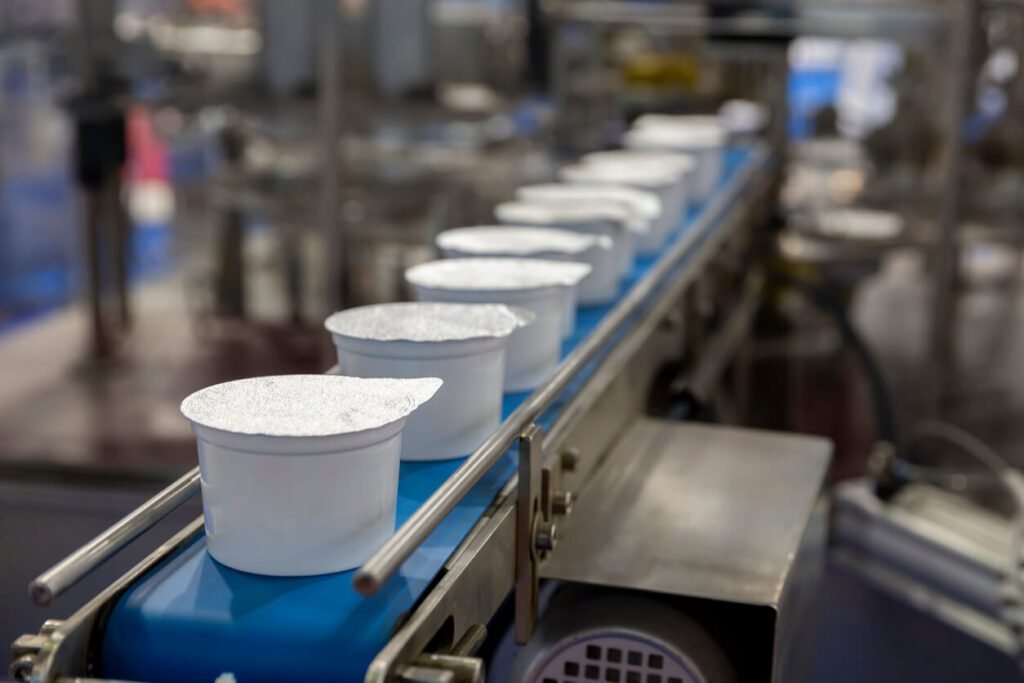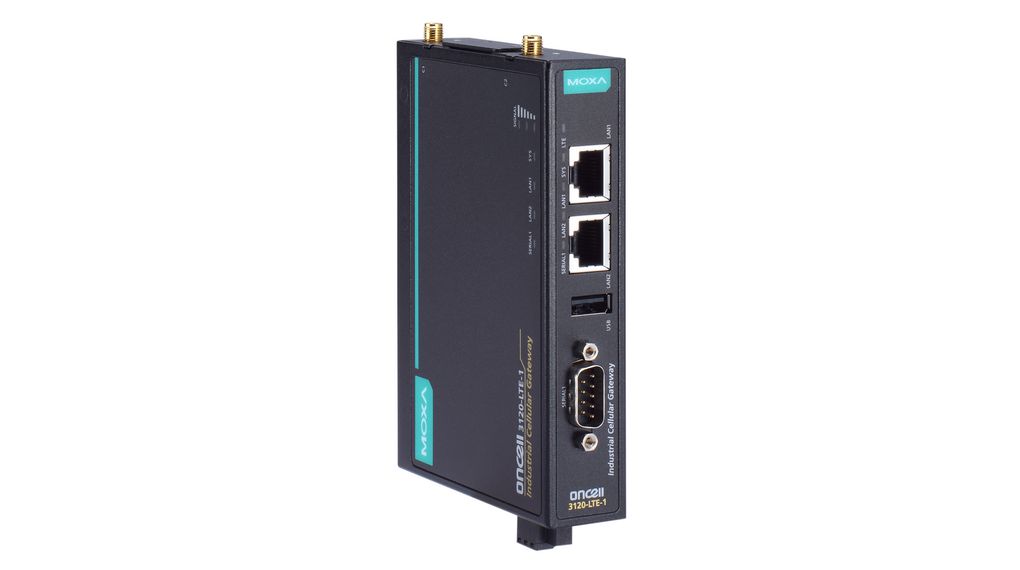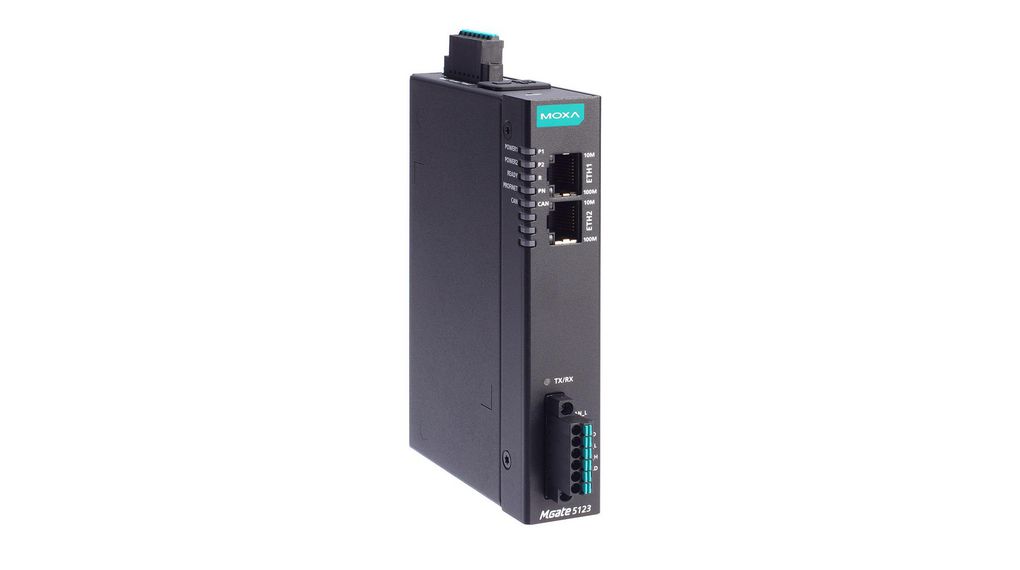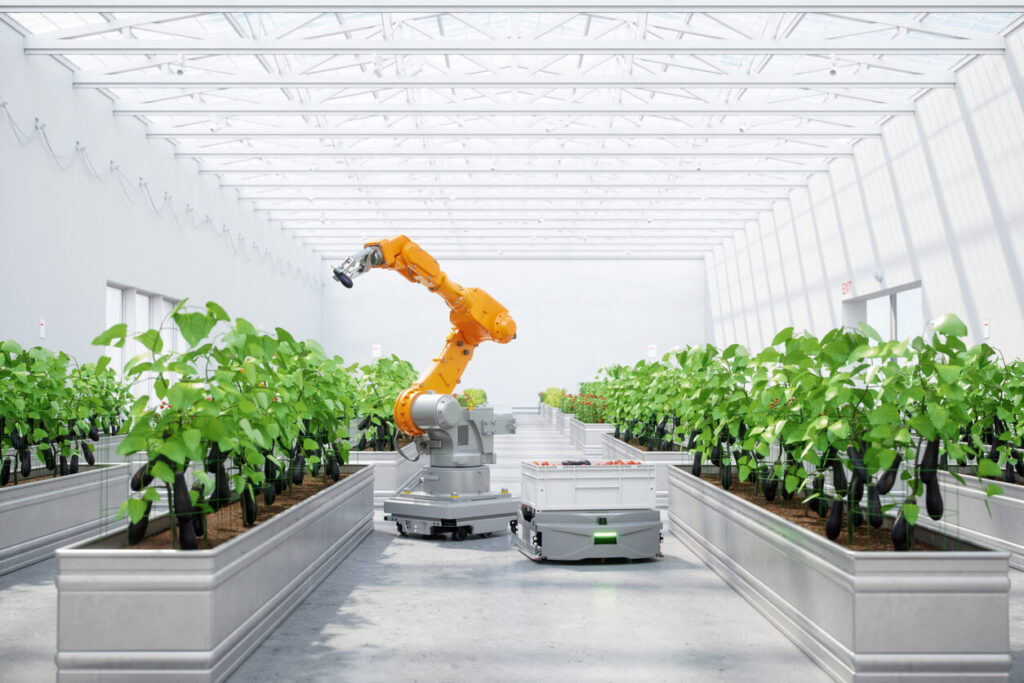Reducing food waste and ensuring food security has become imperative, and the food and beverage industry plays a vital role in this effort.
In a world where environmental sustainability and food security are two major concerns, the idea of zero food waste has come to light as a source of creativity and hope. A key player in this story, the food industry, is going through a radical change driven by the introduction of digital technology, in a time when technology and sustainability are interacting. The challenging goal of reaching zero food waste, which has long plagued producers and consumers alike, is at the centre of this shift.
The purpose of this article is to examine the complex ways that digitalisation is guiding the food industry towards a zero-waste future, and how Moxa, a leader in industrial networking and automation, is transforming the food sector with its innovative digital products.
The Importance of Reducing Food Waste
Food waste not only contributes to hunger and food insecurity but also has significant environmental and economic consequences. When food is wasted, valuable resources such as water, energy, and land are also wasted. Food waste is a major contributor to greenhouse gas emissions, as decomposing food releases methane, a potent greenhouse gas.

“Reducing consumer food waste by even 20%-25% by 2030 could save the world an estimated $120-$300 billion per year.”
Goodwin Liz, April 30, 2023, World Resources Institute, The Global Benefits of Reducing Food Loss and Waste, and How to Do It
The food and beverage industry, with its complex supply chains and production processes, has a unique opportunity to make a difference in reducing food waste. By adopting digital transformation and automation, companies can revolutionise food production and minimise waste.
The Challenges Faced by the Food Industry
The food and beverage industry is not an easy industry to manage. It has complex supply chains, high-risk production processes, and strict quality control requirements. Companies in this industry must be able to maintain the highest quality and safety standards. Have a look at the various obstacles and complexities that the industry encounters to know how digital transformation can help to overcome them.
Downtime in Food Processing Plants
Downtime in food processing facilities is one of the biggest issues the food and beverage sector faces. Even though these factories’ machinery is usually operating for 16 to 20 hours every day, production processes always involve downtime. As per Moxa’s case study (explained below), according to recent polls, most industrial sites experience a loss of at least 5% of their production capacity due to downtime, and occasionally, this can account for up to 20% of operating hours.
Downtime in the food and beverage business can lead to a rise in food waste. Food can deteriorate due to delays in moving materials between manufacturing lines, which occurs frequently in processing factories that handle delicate and time-sensitive items. In addition, if production is delayed, damaged machinery may encourage the growth of bacteria and contaminate food, necessitating the removal of entire batches of food.
Maintaining a Competitive Edge Through Efficient Issue Resolution
Resolving problems quickly is essential for the food business to stay competitive. The quick identification and investigation of issues utilising cutting-edge data analytics is essential for this. By putting agile approaches into practice, companies may ensure flexibility and responsiveness by quickly adapting to changes. Investing in technology, especially AI and IoT, increases the effectiveness of problem-solving processes and stimulates creativity.
Employee empowerment is just as vital; empowering employees to solve problems on their own and receive training makes them more proactive in the workplace. Ultimately, thorough and quick implementation of ideas depends on efficient communication and cross-departmental cooperation. In addition to effectively resolving problems, this holistic approach to problem-solving presents a company as flexible and forward-thinking in an increasingly competitive sector.

Moxa’s Role in the Food and Beverage Industry
With a focus on using technology to reduce food waste throughout the whole supply chain, Moxa stands out as a leader in industrial networking, computing, and automation solutions. Their creative method aims to promote a more responsive, efficient, and sustainable food sector in addition to just cutting waste.
Network systems are among the products offered by Moxa that guarantee quick reaction times for large-scale food processing and production while preserving smooth machine operations. Their function is essential to the zero waste path, illustrating how digital transformation can be used to address major environmental issues.
Case Study
To address issues in the food sector, Moxa partnered with US industrial engineering solutions supplier Ambassador Controls & Engineering. Located in Dallas, Texas, a significant hub for more than 15,000 food industry companies, including well-known brands like Frito-Lay and Coca-Cola Southwest Beverages, Ambassador Controls is an essential Tier 1 supplier in situations where prompt problem solving is essential.
Under Engineering Director Brian Msal’s guidance, Ambassador Controls worked with Moxa to develop a secure remote access solution in order to meet the need for prompt solutions without incurring the expense of placing specialists at each site. To facilitate secure remote diagnostics and maintenance, Moxa Remote Connect (MRC) gateways had to be installed in industrial equipment. Anywhere in the world, in any time zone, the technical team may securely access to the equipment thanks to the MRC server, which is housed on AWS.
Because role-based control facilitates system checks and troubleshooting, this system is especially helpful in times of staff shortages. It also enables on-site operators to access critical equipment remotely.
Recommended products
Have a look below at Moxa’s cellular and interface gateways, which are designed to support automation, remote access and IoT applications.
Cellular Gateways, Moxa

Interface Gateways, Moxa

Making a Difference in Industry 4.0
Using smart manufacturing techniques is a key component of Industry 4.0. This involves integrating robotics, automation, and real-time data monitoring into manufacturing procedures which improve the environment and reduce the time and cost of production.

Ambassador Controls has been able to lower their carbon footprint by travelling less and handle customer issues from their office by utilising Moxa’s remote access service. In addition to making it simpler to set priorities and provide effective customer service from any location, this helps to support societal development by preserving more food and lowering operating losses and production downtime for customers.
Using the Moxa gateways solution, Ambassador Controls has improved its service level since 2020 by providing instant response. Customer satisfaction has increased as a result of the company’s notable response time reduction. The supplier has maintained its position as a leader in industrial maintenance by eliminating the need for the previous day-long wait in favour of instantaneous access in an emergency.
Conclusion
The food and beverage business has two major problems to address: reducing food waste and guaranteeing food security. Ambassador Controls has improved customer experiences, preserved more food, decreased production downtime, and minimised operating losses thanks to Moxa’s remote access technology. The food industry has the potential to significantly reduce food waste and ensure a sustainable future for all by harnessing the power of digital transformation.










